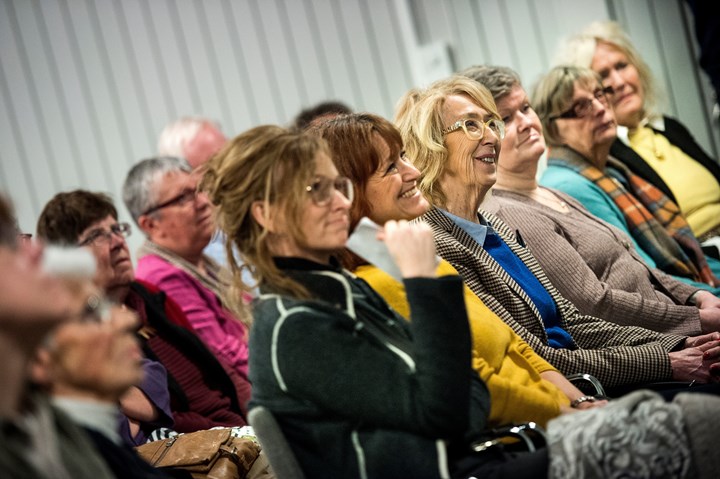Do planners trust the citizens?

An important part of sustainable urban planning is the support and trust from the citizens. But what about the other way around? A new research project is focusing on mutual trust in planning situations.
A project on participation and trustbuilding in urban planning has received funding from Formas. The project is led by Joachim Åström and participating researchers are CESSS-member Erik Hysing, Martin Karlsson and Ann-Catrin Kristianssen.
As trust in political institutions is going through a crisis, many political institutions have tried to overcome this through citizen dialogue. However, these dialogues have received criticism for not functioning well in practice. Therefor, this project takes on a new perspective, and asks what role the planners’ trust in the citizens have for enabling more constructive discussions. As trust is described as a fundamental part of the function of democracy, it is remarkable that trust in the other direction has remained a blind spot in previous research. The researchers want to bring forward the essential aspect of mutual trust in dialogue situations.
In doing so, the aim of the project is to better understand what trust means for city-planners, and how their trust in citizens can be increased, to achieve more meaningful participation in citizen dialogues. The focus of the project will be the transport system, as it is a key for achieving sustainability goals, and at the same time heavily dependent on the planners’ familiarity with the citizens habits, needs and wants.
A combination of methods will be used, beginning with a large survey on planners’ trust and their view on citizen participation. Second, three case studies will be conducted on current processes of sustainable transport system development in the Swedish middle-sized cities of Örebro, Eskilstuna and Linköping. Lastly, researchers and practitioners will together analyse the results to develop new insights. The project will provide new perspectives on citizen participation, complement existing research on trust in planning situations and expand the knowledge on how institutional contexts can enable mutual trust and strengthen the democracy of planning.
